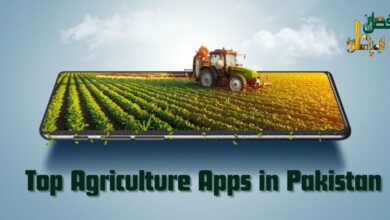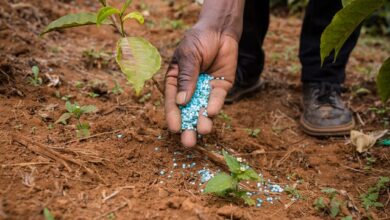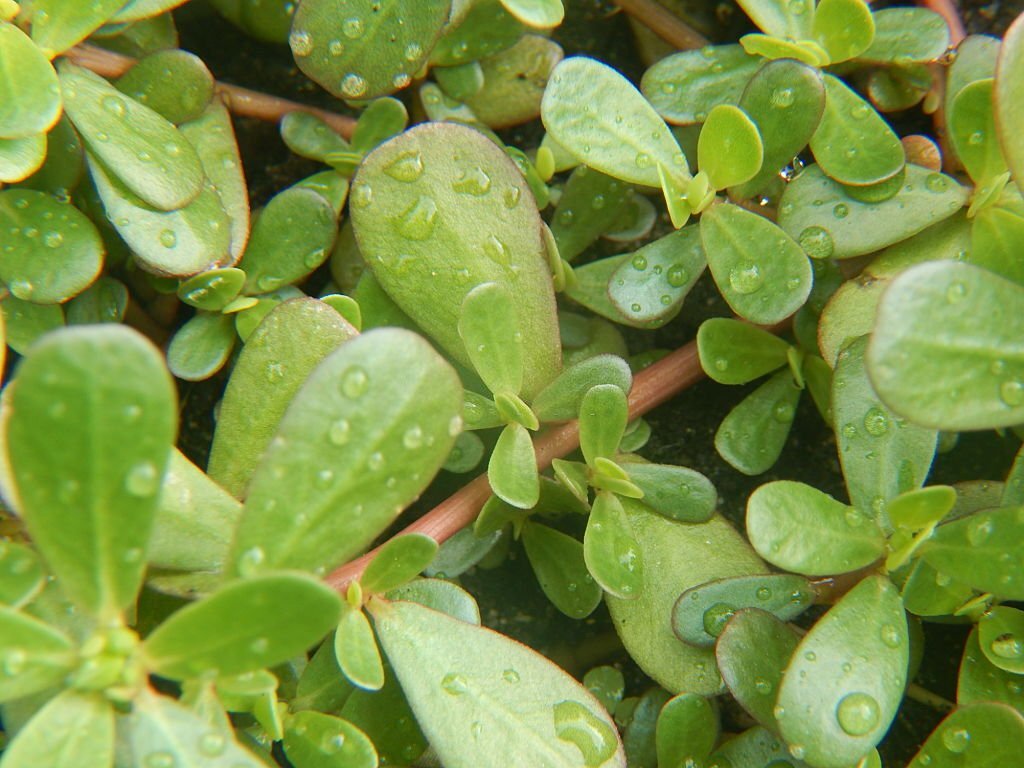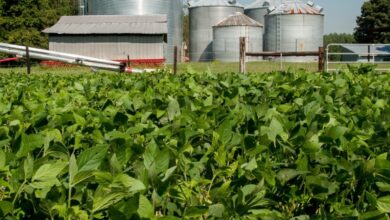Sprouting Success: How Can Vegetable Seeds Lead the Way?
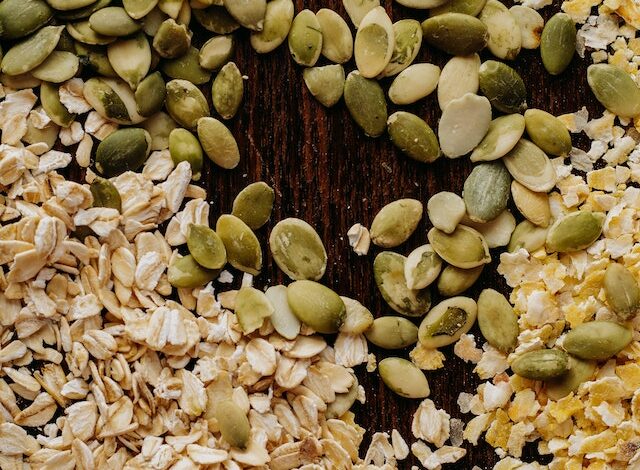
Last updated on June 24th, 2024 at 11:13 am
Vegetable seeds, which are frequently grown in farms and gardens, represent the embryonic plant enclosed within a protective outer covering. These parts, which include an endosperm, embryo, and seed coat, make up the nourishing tissue required for seed development. Cabbage, tomato, lettuce, eggplant, onion, melon, okra, sweet pepper, sweetcorn, hot pepper, and Chinese cabbage are some popular vegetable seeds. Remarkable vegetable seeds are rich in proteins, starch, and other vital elements. Making them very useful for growing a variety of veggies and crops.
Sow and Grow: The Ultimate Guide to Vegetable Seeds
Vegetable seeds offer numerous advantages in modern agriculture. Firstly, they provide a cost-effective and efficient means of crop propagation, allowing farmers to produce a large number of plants from a single seed. Moreover, vegetable seeds enable growers to select specific varieties tailored to their preferences, local climate, and soil conditions, enhancing crop yield and quality.
By utilizing vegetable seeds, farmers can optimize productivity, maintain crop diversity, and contribute to sustainable agricultural practices that meet the growing global demand for nutritious food. This, in turn, will increase the demand for vegetable seeds and the overall industry is likely to generate revenue of USD 16.38 billion by 2032, according to Extrapolate’s estimates.
Vegetable seeds come in various types, each with unique characteristics and cultivation methods. Let’s have a look at some of them.
1. Hybrid Seeds
Plant breeders develop these seeds by mating two distinct types to generate a plant with desired characteristics like disease resistance, increased production, or superior taste.
2. Open-Pollinated Seeds
These seeds are created by allowing for natural pollination, such as that carried out by insects or the wind. Consequently, these seeds are genetically similar to the parent plant.
3. Heirloom Seeds
These seeds originate from plants that have been cultivated by different generations of farmers. They frequently have a specific history related to them or are seen to be culturally significant.
4. Organic Seeds
These seeds are made from vegetation that wasn’t cultivated with artificial fertilizers or pesticides. To ensure that they adhere to rigid requirements for being free of hazardous chemical residues, they are certified as per organic standards by prominent organizations.
5. Genetically Modified (GMO) Seeds
The genetic makeup of these seeds has been modified in a lab to include qualities that do not exist in nature, such as pest resistance or tolerance to specific herbicides.
Each type of vegetable seed offers distinct advantages and appeals to different growers based on their preferences and agricultural practices. Understanding the differences among these seed types empowers farmers to make informed decisions in their crop selection and cultivation endeavors.
Why Are Farmers Turning to Hybrid Vegetable Seeds?
Hybrid seeds are meticulously developed to satisfy the varied needs of both customers and farmers. In addition to adaptability, nutrition, and taste, these specifically bred vegetables also have a wide range of other desirable traits, including yield, color, shape, size, cooking quality, flavor, and shelf life. The popularity of hybrid seeds is soaring due to their numerous advantages over non-hybrid seeds. Farmers can protect their crops against a variety of environmental stressors, such as pests and plant diseases, by using hybrid vegetable planting seeds.
These seeds also have a great potential for production and consistently perform throughout the year, ensuring a steady and abundant harvest. Over the past three decades, many seed firms have seen substantial growth as farmers have embraced hybrid seeds increasingly, reaffirming their commitment to providing premium seeds to satisfy the burgeoning agricultural demands.
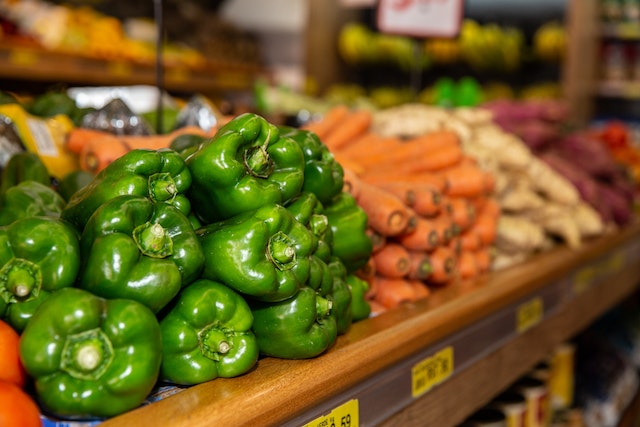
The Latest Buzz in Vegetable Seeds
According to the World Health Organization (WHO), the under-consumption of fruits and vegetables is one of the top 10 risk factors for mortality globally, contributing to an estimated 1.7 million deaths annually. Major non-communicable diseases (NCDs) can be prevented by including fruits and vegetables in daily meals. Growing health concerns and an increased understanding of the health advantages of vegetables are driving up demand for these nutrient-dense jewels in both developed and developing nations. This has enabled farmers all over the world to step up their efforts for scaling up vegetable production. To address the surging consumption of vegetable seeds, farmers rely on a variety of agricultural inputs, including premium vegetable planting seeds.
Consumer preferences for vegetables have changed as a result of the Covid-19 pandemic, augmenting the demand for organic vegetables. Sales of organic fruits and vegetables increased by 22% in March 2020, according to the USA’s Organic Produce Network.
What Are the Latest Reaps in Vegetable Seeds?
Over just a few months, the vegetable seed industry experienced some major changes and smart moves by leading players. It’s been quite a busy time for these companies!
In April 2022, in an effort to establish a solid foothold in Brazil, East-West took over Hortec Tecnologia de Sementes Ltd., a reputable Brazilian vegetable seed company with more than three decades of experience and an impressive portfolio of varieties including tomatoes and lettuce.
Launched in Brazil in March 2022, Grazina is a crisp lettuce that grows well in open fields and is resistant to bolting and tip burn.
The introduction of high-yielding, disease-resistant hybrid crop varieties, with an initial focus on seeds for cabbage, sweet corn, onions, and melons, is another strategy that Bayer Crop Science announced in May 2022 in order to penetrate the Indian market. Future investments will be influenced by how successfully these seeds are launched.
Syngenta opened a cutting-edge USD 15 million control lab in July 2022 with a focus on vegetable seeds, which increased its capability for testing for bacteria, fungi, and diseases.
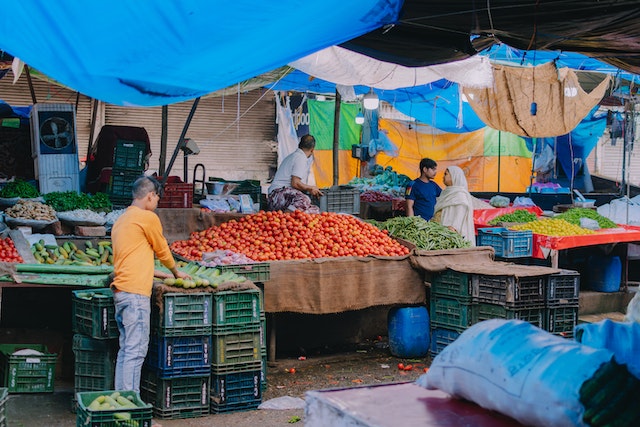
What’s Next for Vegetable Seeds?
Given how rapidly agriculture is developing, the future of vegetable seeds is incredibly promising. The creation of vegetable seeds with superior attributes, such as disease resistance, larger yields, and improved nutritional content, will be made possible by advancements in breeding methods, genetic engineering, and biotechnology.
The demand for non-GMO and organic vegetable seeds will also increase due to the escalating prominence of sustainable and organic farming. Furthermore, seed planting will be optimized using precision agriculture technologies, increasing production and efficiency. The vegetable seeds industry will be essential in supporting food security and sustainability as the world’s population and food demand proliferate, ensuring a wealthy and more environment-friendly tomorrow for future generations.
XXXXXXXXXXXXXXXXXXXXXXXXXXXXXXXXXXXXXXXXXXXXXXXXXXXXXXX
Author Details
Name: Alisha Patil
Mail ID: [email protected]
Bio: A budding writer and a bibliophile by nature, Alisha has been honing her skills in market research and the B2B domain for a while now. She writes on topics that deal with innovation, technology, or even the latest insights into the market. She is passionate about what she pens down and strives for perfection. An MBA holder in marketing, she has the tenacity to deal with any given topic with much enthusiasm and zeal. When switching off from her work mode, she loves to read or sketch.
